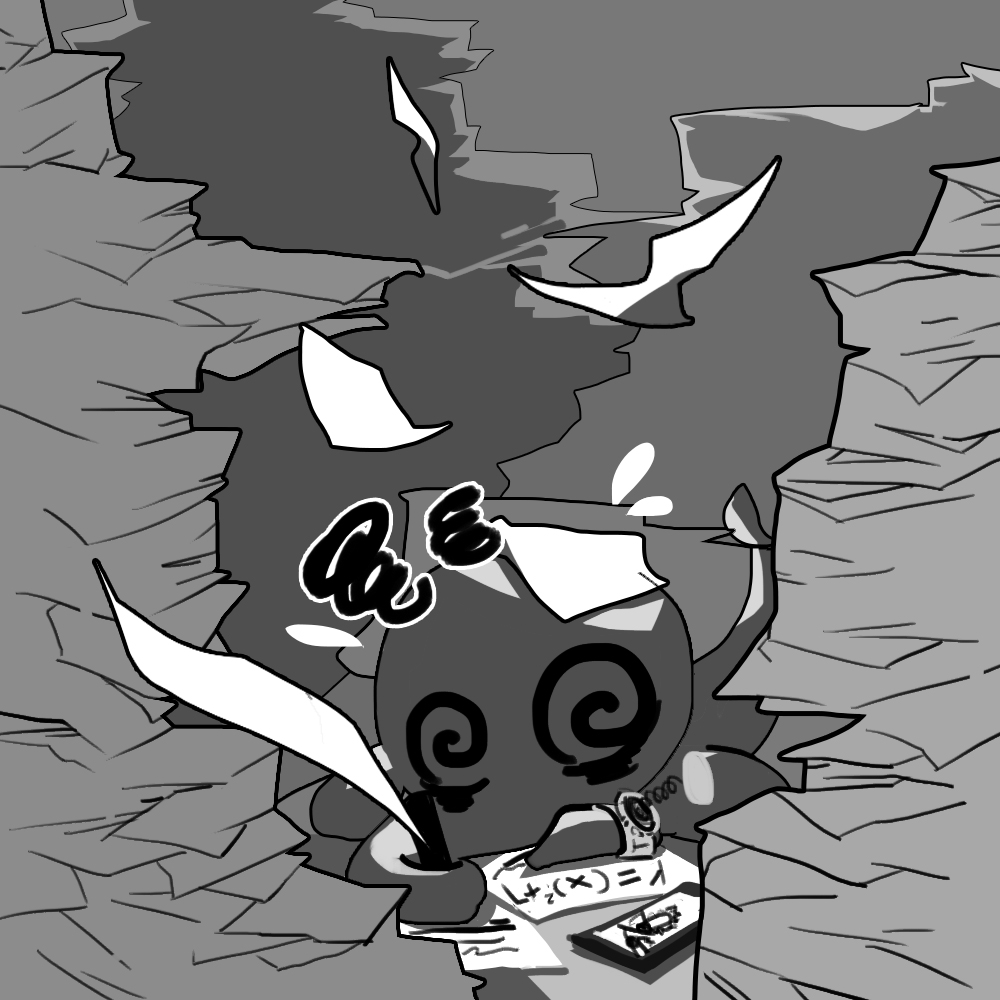
Be it cramming for a history test while making dinner for a younger sibling, typing up an English essay while listening to music or studying while cooking dinner, multitasking can take place anytime, anywhere in a person’s life.
Research by the American Psychological Association has shown that multitasking may seem to save time on the surface, but it actually results in more wasted time. Time is wasted when switching between two or more tasks, and more complex tasks can result in more wasted time.
“[When] studying or [doing] something that requires your attention and focus, [multitasking] makes you take longer to do one thing,” said junior Emily Peng. “I’d rather focus on one thing … than do multiple things and take a really long time.”
One of the reasons why people multitask is due to time restraints. Oftentimes, there are urgent deadlines to meet.
“[Once] I had to do my chores while doing projects and studying for tests,” said sophomore Michelle Perez Romero. “I got three hours of sleep, and I [was] stressed.”
“Planning ahead can potentially improve one’s multitasking experience”
However, time restraints are not the only reason why people might multitask.
“I [multitask] to make what I’m doing more enjoyable,” said junior Ava Murphy. “I usually don’t do two unenjoyable things at once. I do something unenjoyable with something enjoyable.”
The struggle with multitasking is balancing priorities and working efficiently with the least amount of error.
“Oftentimes when I try to [multitask], the quality is not as good,” Murphy said. “The attention isn’t as good and [the task] takes longer to [finish].”
Some tasks require more attention and focus than others.
“[When you’re] doing mindless [tasks], multitasking is easier,” Peng said. “[When] driving … they don’t want you to be on your phone because [driving is] something you really need to focus on [and] you can’t divert [your attention from it].”
However, planning ahead can potentially improve one’s multitasking experience. With experience, students may develop their own schedule.
“One time I successfully multitasked was during finals week of my freshman year,” Romero said. “I had to come home to do chores and study for upcoming exams. I would dedicate some of my time to do my chores, [and] meanwhile I was also listening to the audiobook for my English exam.”
Multitasking comes in a variety of forms. Thus, many times it is hard to differentiate multitasking from a distraction.
“Multitasking does not seem to achieve the efficiency and productivity that many desire”
“If I’m sitting with my friends doing homework, and we’re having a conversation, I’m [not] paying as much attention to the conversation [and] it [takes] me longer to do my homework,” said sophomore Yael Boaz. “I [had] to reread or look at what I just did to remind myself and make sure it’s right. People might miss details that they might have noticed had they been giving their work their full attention.”
More time may be wasted when multitasking because one can get distracted. Some activities, when done together, such as doing homework and using social media, may lower productivity.
“I want to respond to my friends when I think they have messaged me and that can be distracting,” Murphy said.
There are disagreements on whether social media while completing another task counts as multitasking or a pure distraction.
“When I’m cooking or crocheting, I … like to watch YouTube,” Peng said. “But [with] math homework or [when I’m] writing an essay I can’t . Music feels very chaotic and I’m like, ‘what was I trying to say one minute ago?’”
Multitasking does not seem to achieve the efficiency and productivity that many desire. However, every scenario is different and it should be taken case by case on whether to multitask or not. Multitasking at the right time, with simple tasks, could sometimes allow for greater levels of success.



